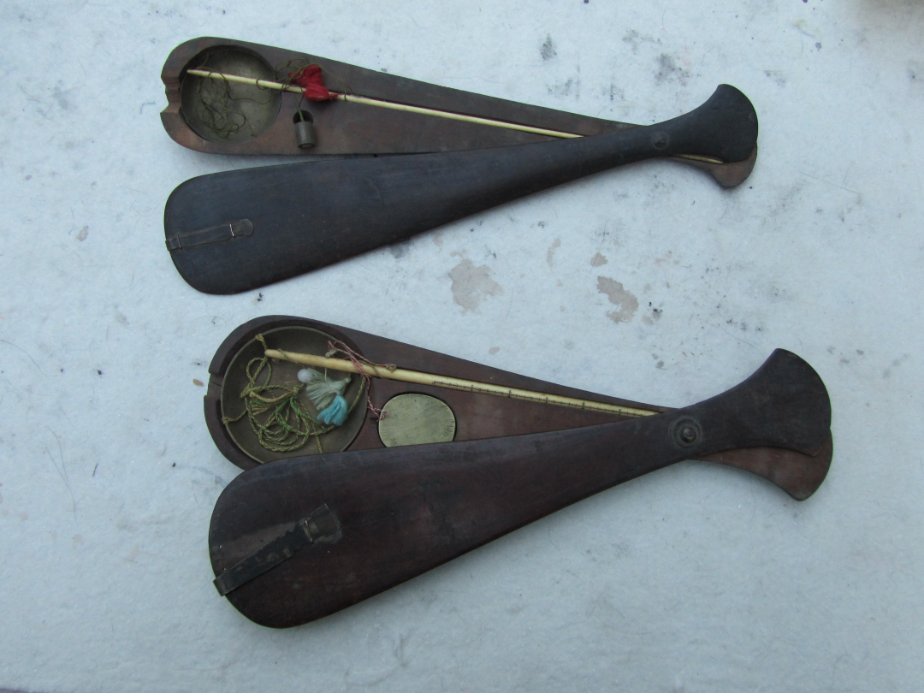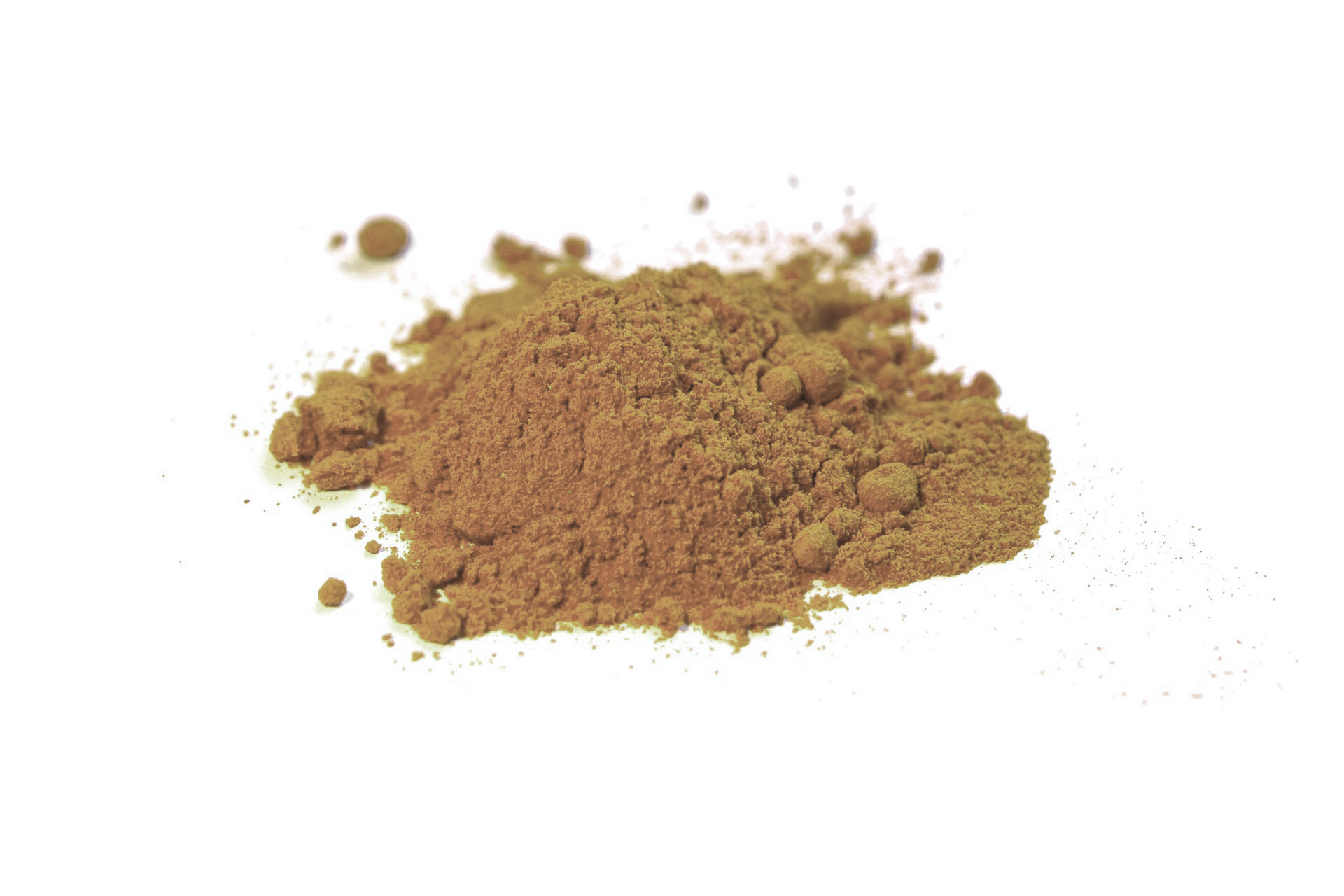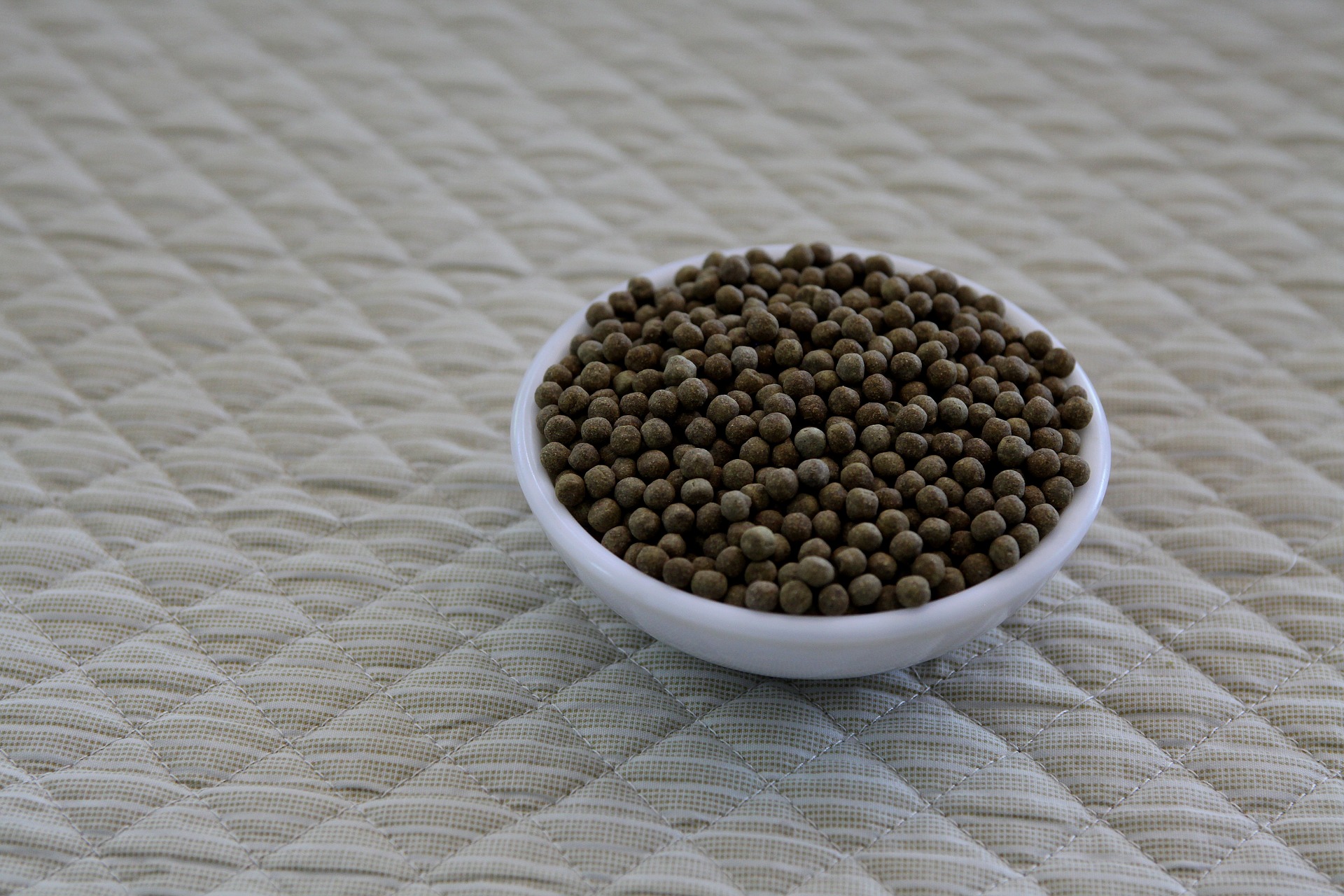How does Traditional Chinese herbal medicine work?
Oriental medicine is based on an energetic model rather than the biochemical model of Western medicine. The ancient Chinese recognized the vital energy behind all life forms and life processes. They called this energy Qi (pronounced chee). In developing an understanding of the prevention and cure of disease, the ancient physicians discovered a system of cyclic energy flowing in the human body along specific pathways. Each pathway is associated with a particular physiological system and internal organ.
Disease is believed to arise because of deficiency or Imbalance of vital energy in the energetic pathways and their associated physiological systems.The pathways or meridians of energy communicate with the surface of the body at specific locations called acupuncture points.
Each point has a predictable effect upon the vital energy passing through it. Modern science has been able to measure the electrical charge at these points, thus corroborating the locations of the meridians mapped by the ancients.
Traditional Oriental medicine has also developed methods of determining the flow in the meridian system. using an intricate system of pulse and tongue diagnosis. Findings from these modalities are combined with other signs and symptoms to create a composite diagnosis. A treatment plan is then formulated to induce the body to a balanced state of health.





